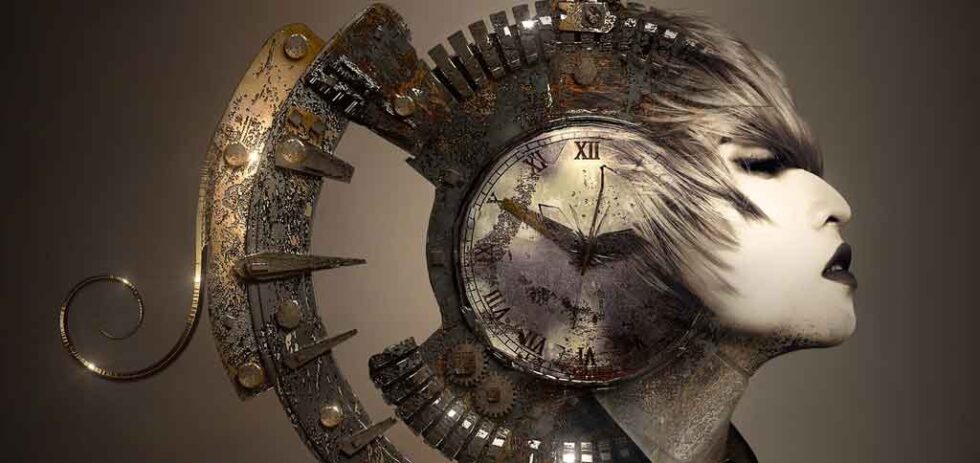
Pauline Lee Hanson, the fiery redhead senator with a tenacity and temperament to match, turns 70 this year.
Hanson will be 74 when her current Senate term ends, which will almost certainly be her last. With Hanson arguably the only One Nation name Australians can identify, what does the future hold for this once dynamic party?
First, some history.
The year 1998 saw a new political force pierce the Australian political consciousness in the form of one Pauline Hanson’s One Nation (PHON). By then, the name Pauline Hanson was known to even the most casual political observer after the awkwardly spoken firebrand surfed into the safe Queensland Labor seat of Oxley in 1996 on a wave of blue-collar dissent.
Hanson, soon warning Australia was in danger of being “swamped by Asians”, was quickly assisted in the setting up of a new party. At its first electoral outing, in Queensland in 1998, PHON produced gasps in the Brisbane tally room that night, winning 11 seats from both the Labor and National parties in a 22.7% swing.
It seemed nothing in Australian politics would be the same again.
But soon enough it was. In 1998, Hanson switched to the neighbouring seat of Blair and was defeated, despite PHON winning 8.4% of the House vote and seeing one senator elected. But the gloss soon faded. By late 1999, all 11 Queensland MPs had resigned in frustration at the party’s governance and, at the 2004 federal election, PHON won just 1.2% of the vote and lost its sole senator.
Amazingly, Hanson left her own party in 2002, then spent 11 weeks in prison in 2003 on subsequently quashed fraud charges. Hanson later launched the short-lived Pauline’s United Australia party before rejoining PHON in 2013.
In the interim, Hanson was never far from the media spotlight. She appeared on television’s Dancing with the Stars, threatened to emigrate to the United Kingdom and, between 1996 and 2022, contested no fewer than 12 elections, winning just three.
The party today is a shadow of its former self. Hanson and fellow Queenslander Malcolm Roberts are the party’s only senators, with PHON boasting just four state representatives – one each in the upper houses of Victoria, South Australia and New South Wales (after Mark Latham’s spectacular falling out with Hanson last year), and one in Queensland’s unicameral parliament.
The party’s recent history has been sobering. At the 2020 Queensland state election, it saw its primary vote almost halved – despite fielding many more candidates – and winning just one seat (Mirani) in north Queensland. Curiously, and in a vein that augurs badly for the party’s future, Hanson adopted a low media profile, preferring instead to meet voters on the ground. The strategy clearly failed.
Similarly, at the 2022 federal election, supporters were shocked when Hanson was almost defeated by the relatively unknown Legalise Cannabis party.

Recent public opinion polling has been mixed, but none suggest a return to PHON’s halcyon days any time soon. In the run-up to this October’s Queensland state election, a late 2023 uComms poll pegged PHON support at 7.8% – slightly up from 2020. Federally, the party is polling 4.5%, down slightly from its 2022 tally.
But polling for the Senate in Queensland is more telling. With PHON attracting just 7.4% of the vote, Malcolm Roberts is likely to lose his seat at the next federal election scheduled for next year. PHON’s ability to scoop up the collected grievances of a disenchanted blue-collar base today appears lost.
So what went wrong for PHON? There are four principal causes.
First, the persona of Pauline Hanson – PHON’s President for Life since 2018 – is about 98% of the party. When Hanson’s light dims, so too does PHON’s. Decline and extinction is inevitable for eponymous outfits.
Second, PHON since its inception has been careless in its preselection of sometimes rogue and politically unschooled candidates who either make unsound statements or who quit the party in fits of pique.
Third, where PHON in the 1990s clearly identified with immigration and trade protection – issues close to the heart of Australia’s blue collar – today’s PHON struggles to present any concrete identity. Indeed, in just 25 years the party has morphed from railing against Asian immigration and Indigenous welfare to one hostile to Islam. Then, when it found too few votes in those issues, the party turned to the culture wars with tirades against trans rights and the Safe Schools program.

Last, PHON has recently met stiff competition from a kaleidoscope of populist right parties, including Clive Palmer’s, Bob Katter’s, Fraser Anning’s and a host of anti-vax and anti-lockdown groups.
Yes, PHON’s future after Hanson appears grim. But one figure, PHON general secretary and trusted political adviser James Ashby, appears to set to take the reins sometime in the future. While Ashby is unlikely to win the seat of Keppel at this year’s Queensland election, don’t be surprised if Ashby – next year or later – succeeds Hanson as senator for Queensland in a casual vacancy should Hanson retire midterm.
PHON’s future will then be tied to Ashby, who would be unwise to lead the party like a junior Hanson. If Ashby rewrites the party’s constitution and policy library, and if he puts his own modernist populist stamp on PHON’s tired and faded image, the party might just survive.



